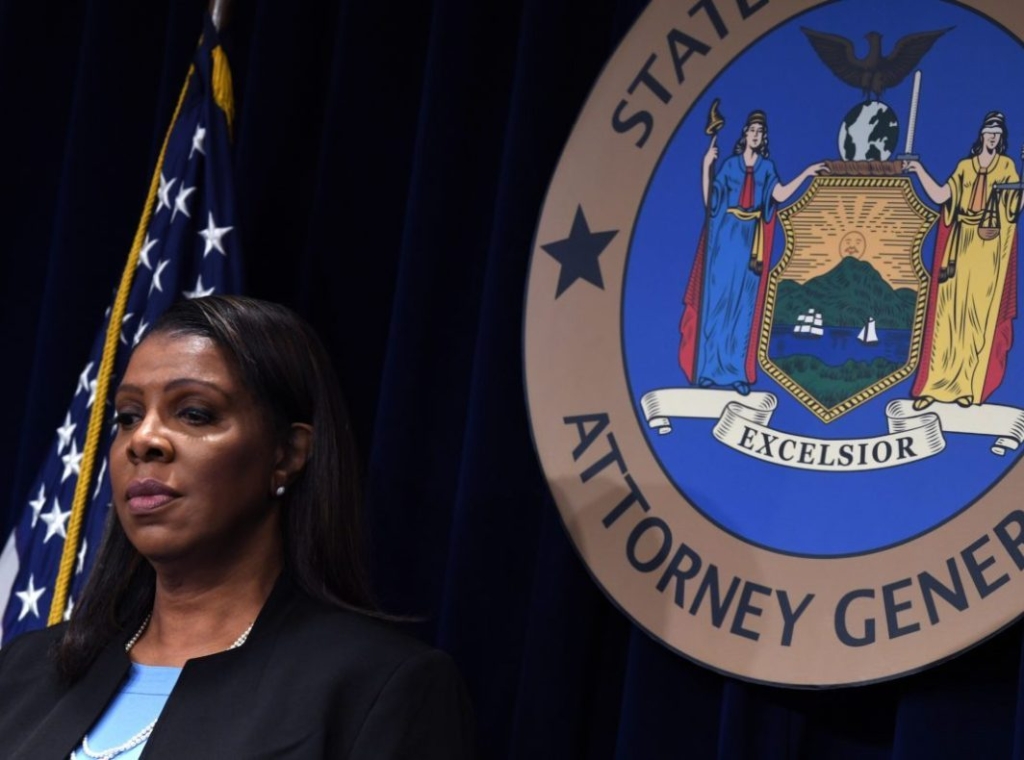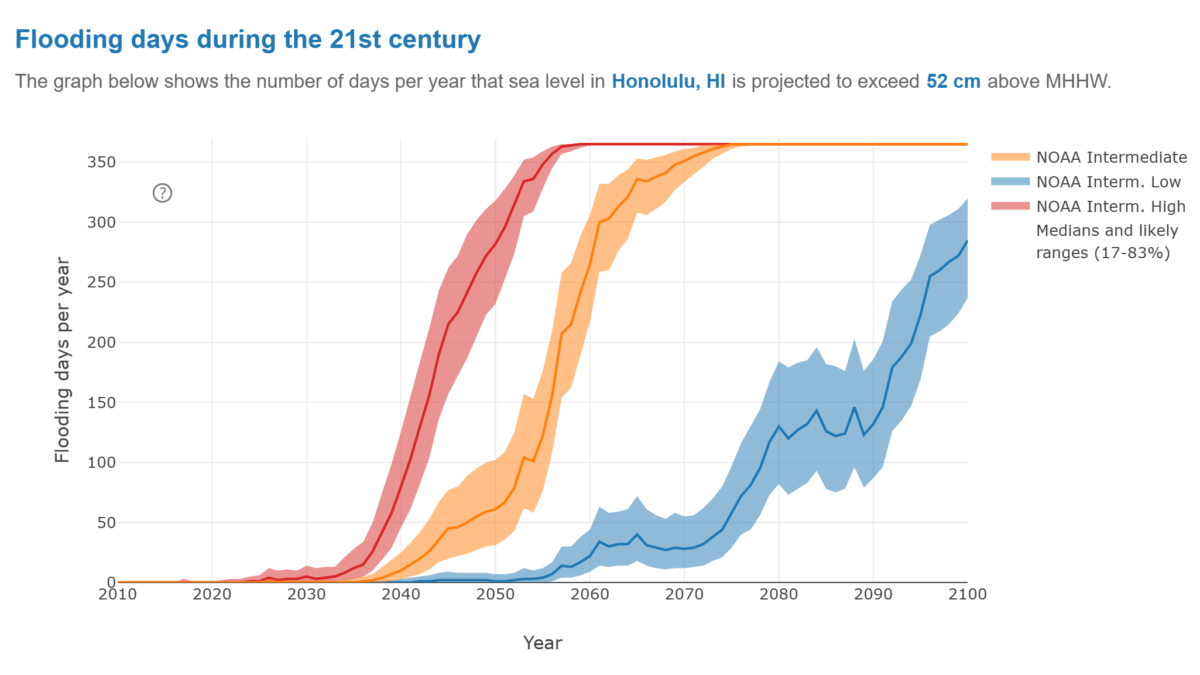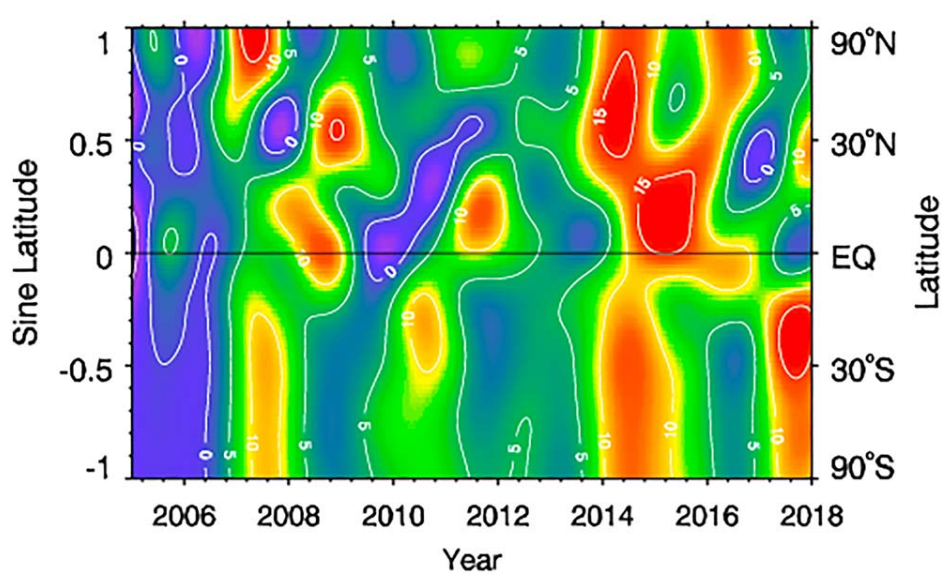Judge rejects Exxon challenges to New York’s climate fraud suit – No prosecutorial misconduct in Exxon climate fraud investigation

By Karen Savage
12 June 2019
(Climate Liability News) – A judge dismissed several claims by Exxon to stop New York State’s lawsuit against the oil giant for alleged climate fraud, including charges of prosecutorial misconduct and conflict of interest.
New York Supreme Court Judge Barry Ostrager on Wednesday rejected claims by Exxon that the New York attorney general’s office violated the company’s First Amendment and due process rights in filing the suit last year. He also denied Exxon’s request for access to the personal email account of former Attorney General Eric Schneiderman.
“I am happy with the judge’s decision today, and look forward to continuing to make our case in court,” said New York Attorney General Letitia James.
New York brought the suit last year under the state’s Martin Act, which prohibits securities and other types of financial fraud. The state alleges that Exxon intentionally deceived investors by misrepresenting what it knew about the risks of climate change to its business.
Exxon responded by accusing the New York attorney general’s office of misconduct, saying it is selectively enforcing the law and is violating the company’s constitutional rights. Ostrager reserved judgement on whether the AG’s office is selectively enforcing the law, but ruled the other defenses were “irrelevant to the case.”
“At the end of the day you’re going to either prove a Martin Act violation or not,” Ostrager told the attorney general’s lawyer, Marc Montgomery, during the hearing.
Exxon did not immediately respond to a request for comment.
New York contends that Exxon violated the Martin Act when it “employed internal practices that were inconsistent with its representations, were undisclosed to investors, and exposed the company to greater risk from climate change regulation than investors were led to believe.” [more]
Judge Rejects Exxon Challenges to New York’s Climate Fraud Suit


